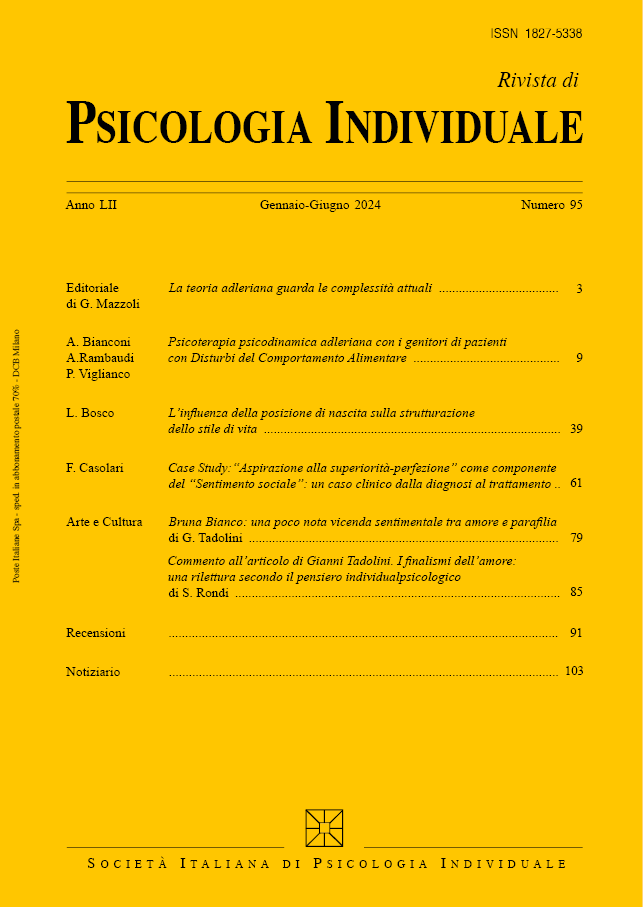JUDGE-PSYCHOLOGIST: JUVENILE COURTS IN A STORM OF CONTROVERSY
Keywords:
TCI - temperament and character inventoryAbstract
The various institutions and social service organizations assigned to the care, protection and education of minors, in addition to practically everyone else working in the field, have for some time now been waiting for the emergence of a serious judicial reform. Inevitably, any such reform must take into account the magnitude of change that has taken place within the judicial system itself and over the entire spectrum of civil society since the inception of the Judge-Psychologist category in 1934. The creation of this new professional figure was based on the awareness of the special characteristics inherent in juvenile cases that distinguished them from those of the general population and on the need of a pool of professionals who, with their significant background in humanistic and clinical disciplines, could enrich the decisions of the Ordinary Courts. The proposed reform recently voted down in Parliament provided for the abolition of the existing Juvenile Courts and for their replacement by normal specialized sections housed in Ordinary Courts. This reform represented a genuine assault to the legal and social rights of minors, and would have effectively obliterated 70 years of a continuously evolving juvenile – related culture. It is hoped that the observations contained in this essay will demonstrate non only the continuing efficacy of the category of the Judge-Psychologist, but that in reality, it has become truly indispensable since the presence of these new professional components constitutes an essential critical input, capable of mitigating the rigidities of the law by the diligent application of values and principles harvested from the juvenile culture that has taken shape over the last seven decade






